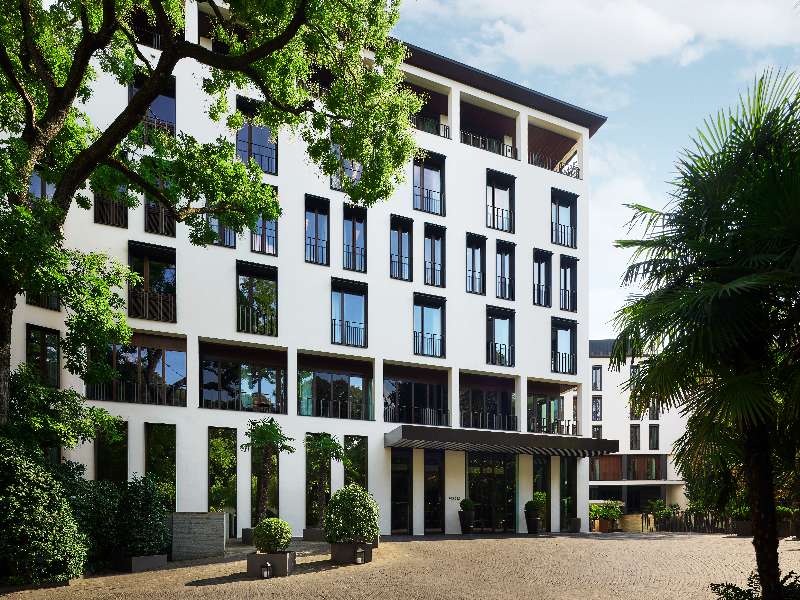Successes, emotions, disputes, dramatic separations and fiery returns - the relationship of Arturo Toscanini with La Scala seems more like a romance than a professional relationship. In “his” theatre, the Master invented orchestra conducting as we know it today and transformed opera from mere entertainment to an elevated art form. All of this, before heading to New York for a triumphant adventure at the Metropolitan. Principal Director of Teatro alla Scala for 31 years, Toscanini revolutionised the way of performing and even watching opera. Turning off the house lights and turning on the stage lights, placing the orchestra in the “pit” following the example of his hero Richard Wagner, abolishing the encore, the “latecomer” policy and lady’s hats worn in orchestra seating, but, above all, he sought to integrate voices, instruments, costumes and scenery in opera performances to the utmost. The theatre stopped being a place for chatting and showing off - everything was planned to focus the audience’s attention on the increasingly elevated aesthetic of the works on stage. There was plenty of clamour regarding the innovations of Toscanini, just as there was for his upheavals - in 1908, he made the United States his second home and, in 1931, the Master left Italy altogether to escape Fascist aggression. His return in 1946 marked an important moment in the history of Milan. The seventy-nine-year-old Toscanini directed the re-opening concert of La Scala, rebuilt after the bombings, and presented the public with the angelic voice of the young Renata Tebaldi. An overwhelmed crowd sang the chorus of Nabucco in unison, it was amazed by the ouverture of the Gazza Ladra of Rossini, by Europa Riconosciuta by Salieri, by Vespri Siciliani of Verdi. Freedom resounded in the air in the form of music. Throughout the city, only applause and the notes of the Master could be heard, blasting through loudspeakers in the crowded town squares, the cafés, home, restaurants - anywhere a radio could be found - bringing the Milanese together in the name of freedom and music.
Francesca Grego - © 2020 ARTE.it for Bulgari Hotel Milano

























